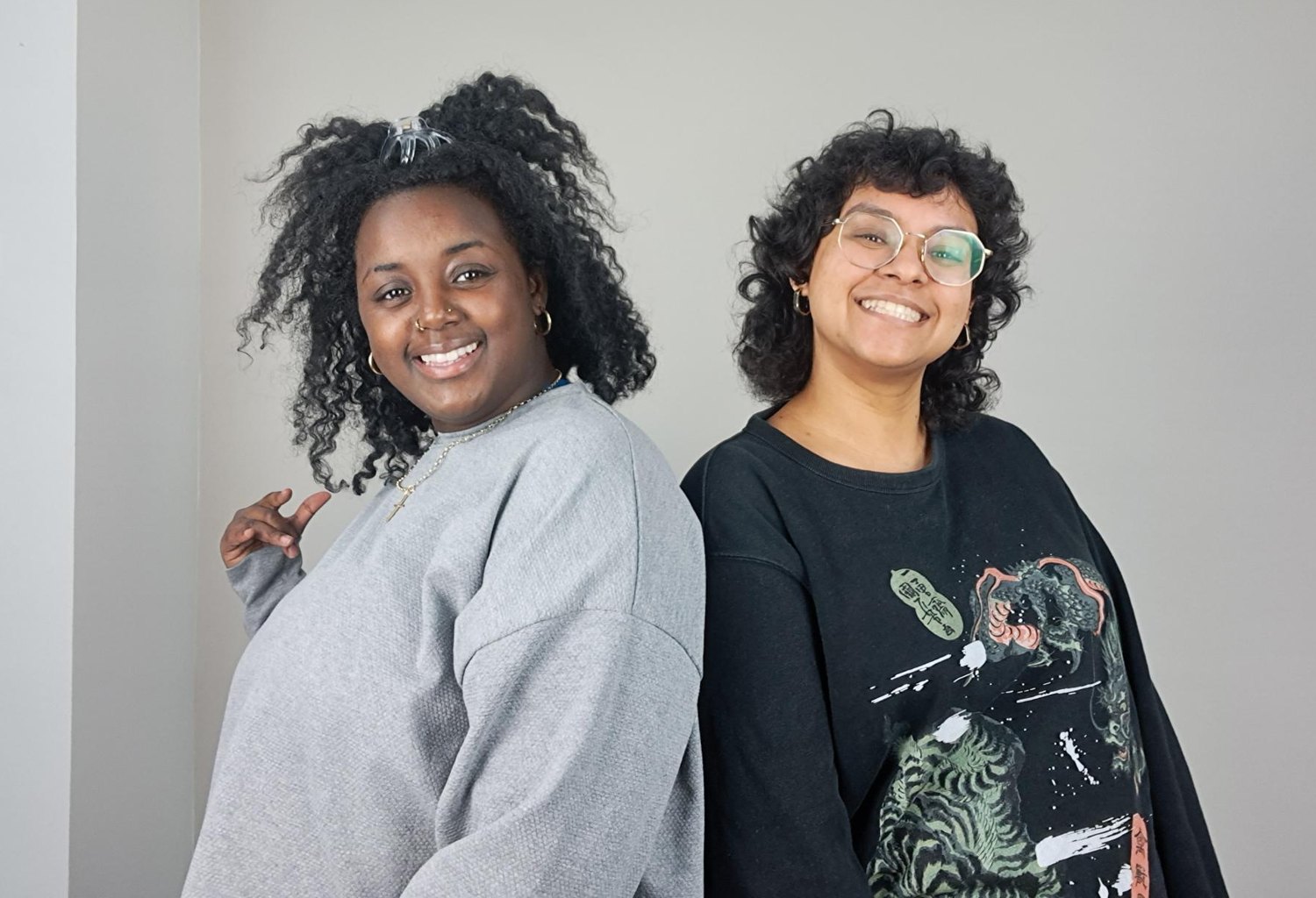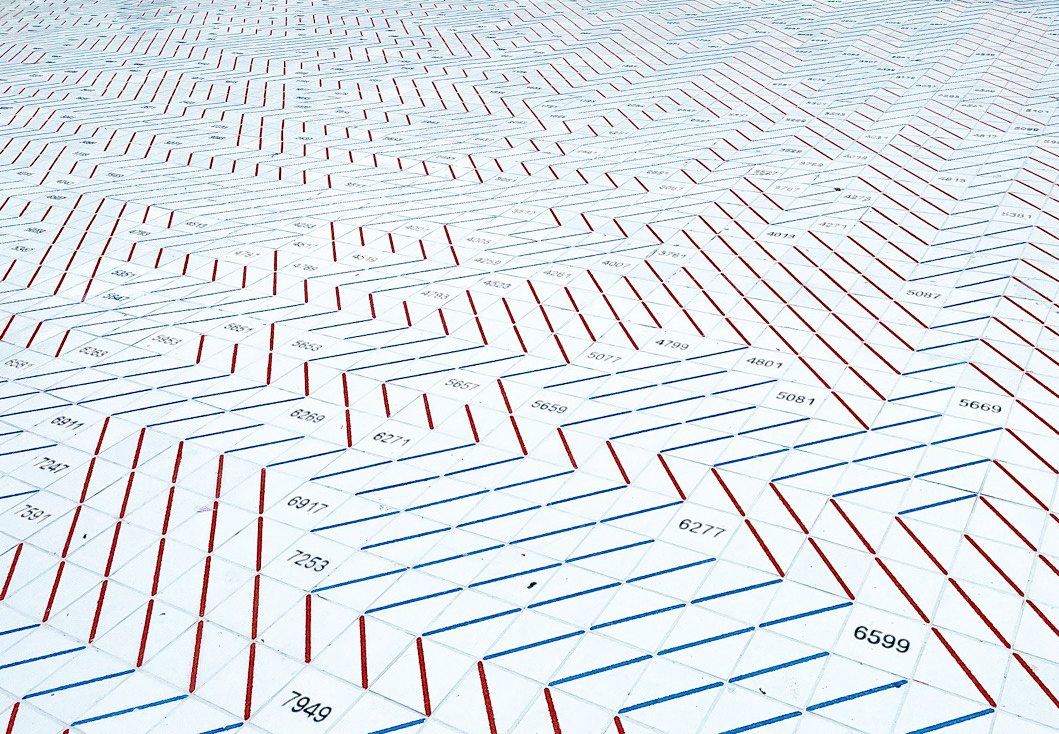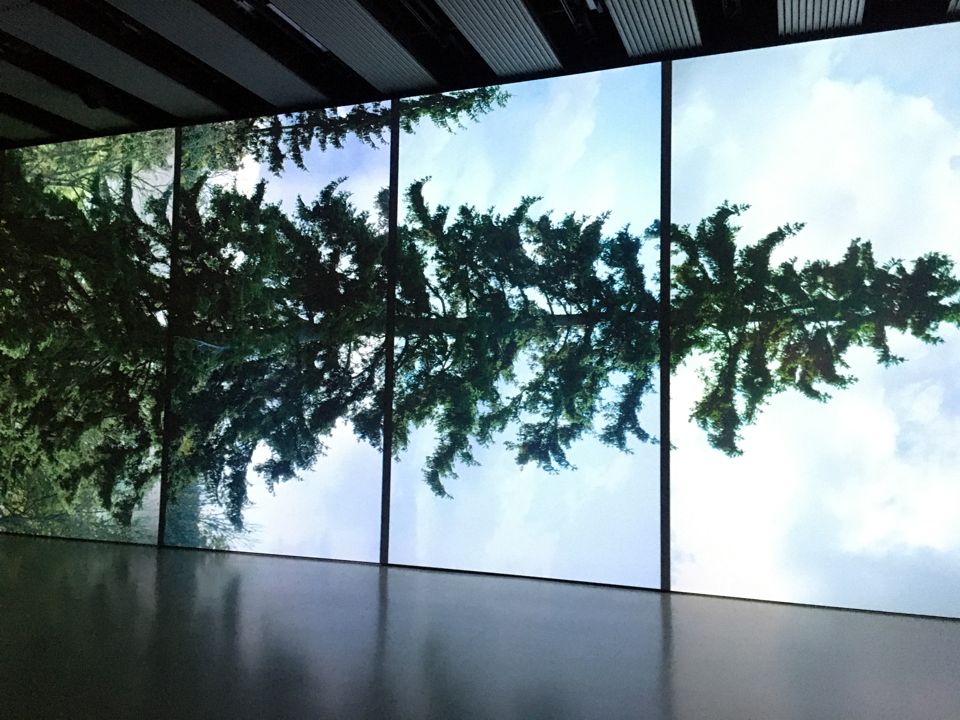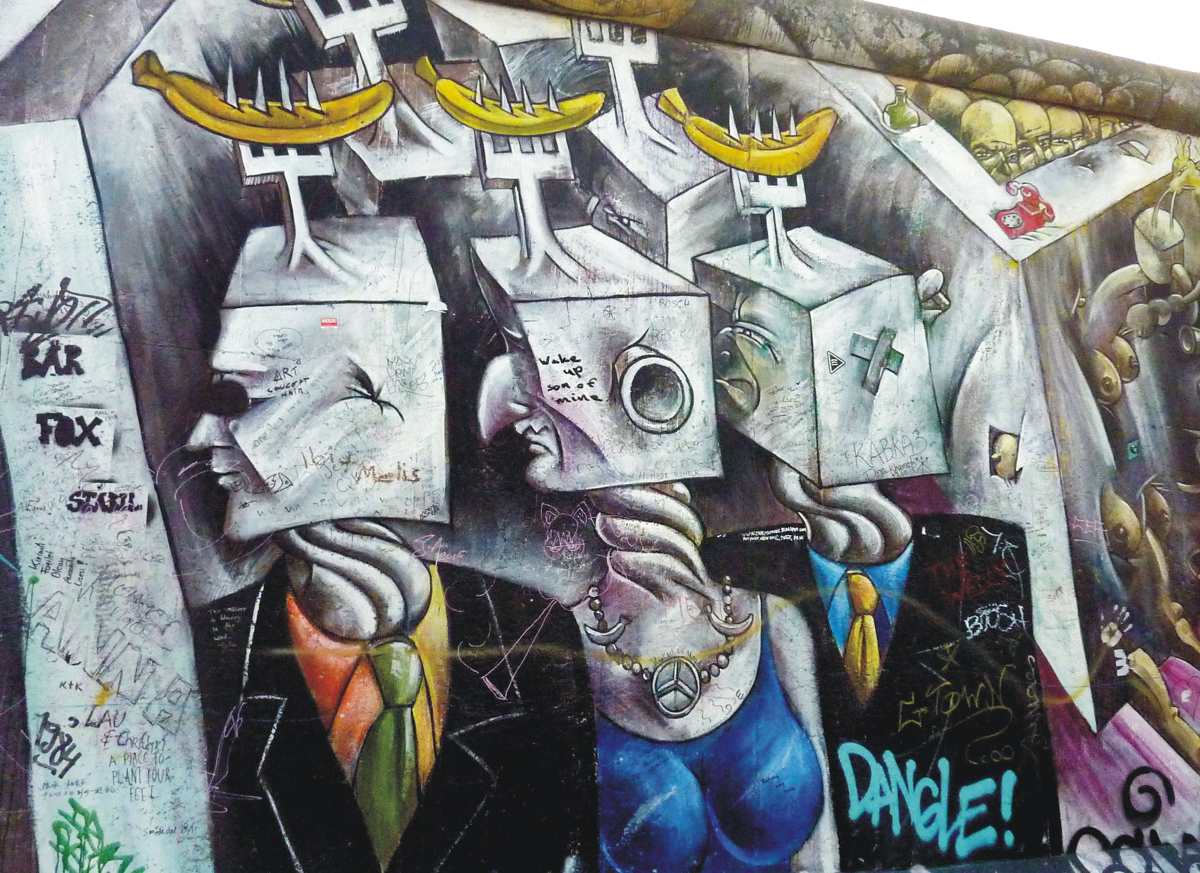JK: Hello, I’m Jasmine Kahlia. I’m a multidisciplinary artist. I’m joined by Clara Searle, who is a PhD researcher and artist. Today we’re having an open convo about our relationship with books, zines and literature.
CS: So I’ve been very familiar with zines for a long time. I learned about zines, but I never really interacted with them until I moved to the UK. I started zine making at uni. And then I was on a work placement earlier this year, where I started interacting with zines again as a means of actually using them to explore identity. I was at Wellcome Collection, at the zine fair.
JK: There is that special novelty thing about zine fairs because essentially you’re reading work that hasn’t been edited. A lot of zines are self-published. I actually got the opportunity to look through some of your zines. In particular, there is a really really vivid photographic zine that you’ve made called Demerara Sugar. And then you also have Castillo, which is kind of reminiscent of your hometown back in Gibraltar. And I just wanna ask you, in terms of making zines, is it more of a personal process or is it an intellectual process?
CS: My academic background is based around art practice but also simultaneously looking at things like cultural studies and contextual studies. A lot of my artistic work is informed by my academic work or my own life. But when I was younger I realized I never painted or drew brown skin. I guess it’s technically like internalised racism it’s like: Oh, I’ll draw these celebrities who have white skin rather than being actually all these amazing brown and black celebrities who are also better representative of my own identity, right? And I was like, I want to grow from this, you know? And my art practice reflects that. I really enjoy fashion and self-expression through fashion. And then I realized that zines are a great way for me to actually do that.
JK: Especially with Demerara Sugar, it’s really visual. You’ve specifically selected, two or three images of yourself dressed up there’s so much expression, especially in terms of makeup, jewellery, styling. That is, in essence the whole art piece. The way that you’ve designed that image of yourself. Just drawing on some of my early work, my first Zine was London Teen zine. And I just needed to have a self-portrait on the first page of a black girl. And at the time, when I made that zine for myself, it wasn’t a major thing to have an illustration of myself as a black girl. But then seeing people’s faces when I brought it to my first zine fair, I feel that a lot of people found unexpected. So it’s still really significant.
CS: My PhD research is specifically about storytelling, how women of color in Britain interact with books. And that’s reflecting on the fact that women of colour are very much ignored by the publishing industry and are kind of actively recognised in their eyes to not be a readership to engage with.
JK: And it’s so sad, because where I’m also of Caribbean background, I recognise that a lot of women in the Caribbean are avid storytellers. There’s culture of important generational oral history. It’s a very Caribbean thing to be either telling biblical stories, telling life stores, moral stories etc.
CS: I wanted to just have my story on paper first for myself, because it was something that was living inside of me. I was like, these words need to come out. But then also to have that historic record of your voice.
JK: The first time I ever heard about archives, I thought that sounds boring as hell. I was like, it’s like a library, but even more boring. Now I realise the significance of being archived just because like, okay, you never, you think like everything digital is gonna stay online forever. I play a lot with the themes of permanence and legacy in my work, sampling and resampling significant things to give new meaning.
Clara, I was going to circle back to your specific decisions in terms of curating the zines that you’ve made, Demerara Sugar and Castillo. What different decisions did you make?
They are both minimalistic. I get the vibe of less is more within these years. And what was the reason behind that?
CS: I actually felt really like creative and I really felt like putting something together. And it was actually interesting because for both of those zines, those were images I already had. So for Demerara Sugar, that one was quite funny. So I was just in my room, like hanging out on my own or whatever, and relaxing. And when I was like looking through the stuff, like you know, they give you like the kettle and there’s tea and instant coffee and stuff. I was looking for biscuits, but they didn’t have any. But I was looking through it and they had a packet of Demerara Sugar, which is the pretty standard brown sugar that at least in the UK, like that’s what it is. But I’m half Guyanese. And I was just in a weird mood. And when I read it, I just thought, you know it’d be really funny if like me or another Guyanese person had this as a pen name. Because it sounds like it has that kind of ring to it. One of my other friends who is a Caribbean academic found it really funny.
I actually liked the idea of it all being like just one color on white.
And I stuck with the name Demarara Sugar for it. And I actually think that I want to kind of keep going with that and make more zines under that name.
JK: I was going to add as well:
-Is it a play on colonialism?
-Is it a hit back at like something that is consumable?
-Is it a hit back at your female identity?
And also, I see you as being a professional that relies heavily on text through their day-to-day work, are you like, “F the text! You guys are just gonna get one or two words from me and that’s it.”
CS: Yeah, definitely. I think it was, and I think it is a big part of Caribbean identity is having that kind of attitude towards our conflicting history. I’m British but I grew up in Gibraltar so I am half-Gibraltarian as well. Both Gibraltar and Guyana are former colonies, but their paths and their histories are very, very different. I think the attitude of the images had suited that idea of sugar, as when you see words like sugar or baby, and in the kind of Y2K aesthetic that’s going on now.
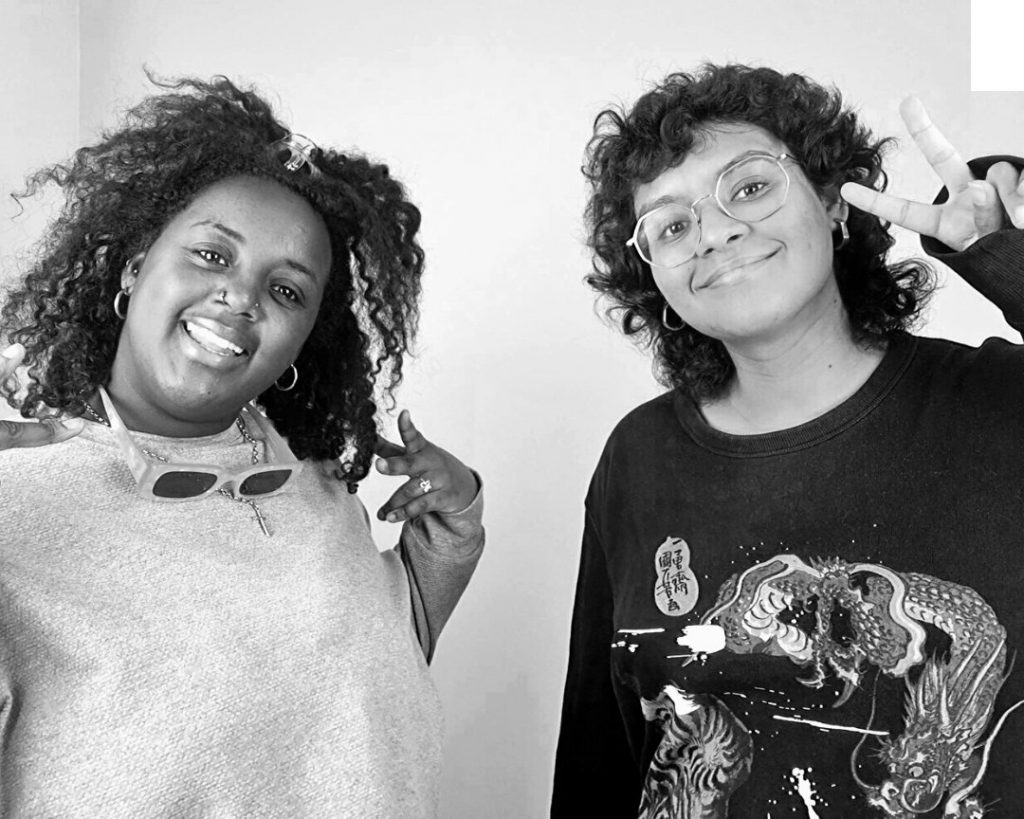
JK: Clara, tell me about the Castillo collection and how you feel about it.
CS: I actually made that directly after making the Demerara Sugar zine. Castillo links back to my Gibraltarian heritage or at least my Mediterranean heritage. A big part of when I go back to Gibraltar is when I go into Spain as well. I’ve been surrounded by Spanish culture my whole life. I didn’t grow up as a Spanish speaker, but there are words that I use often in my everyday which are Spanish, and those are the words that my dad would say. Like if I see something, like if I’m looking at food, I’ll go, oh “Que bueno”. But I don’t speak Spanish. Whenever people ask “do you speak Spanish?” I can’t say yes. Because if you start speaking to me, I’m not gonna know what to say.
One of my favorite places to go in Spain is Castellar. You can see the Rock of Gibraltar from there. It holds a lot of memories for me. So I wanted to make the zine around that. It’s scary to admit that I don’t speak Spanish.
JK: The anxiety is real. Whether you have a connection to a place, or Spanish / Latin name or surname, there is an anxiety of someone coming to test your Latinidad. But then if you do speak Spanish, you definitely encounter the politics of accents and how that ties into it. I suppose in both of our cases where your identity isn’t as clear cut, there is a challenge. It’s something that a lot of people face within identity.
I always get me with confusion when I am asked to describe my identity and I say I’ve spent most of my life between Barcelona and London, but I’m also proudly Jamaican, which doesn’t follow a trajectory that people are used to. Being connected to Spain is a massive part of my identity for me.
But then again, Clara, your story is yours, you know? And your connection with Gibraltar and Spain is completely yours.
We’re kinda coming to the end of our convo and yeah, I just wanna say thank you so much for joining me.
CS: I definitely have you to thank as well. You’re a big part of getting me back into it. I have a lot of friends and colleagues who’ve really helped get me back into it and we’ve started a bit of a zine culture at my university.
JK: Thank you so much, Clara, for taking time with me today.
Te puede interesar
Taller de escritura autobiográfica con Cecilia Szperling
Taller de Teatro en español (presencial) con Hernán Cáceres
Queremos conocerte. Si te interesa colaborar con artículos e ilustraciones en La Tundra nos puedes contactar
Visita nuestra tienda online de LIBROS y REVISTAS en español
